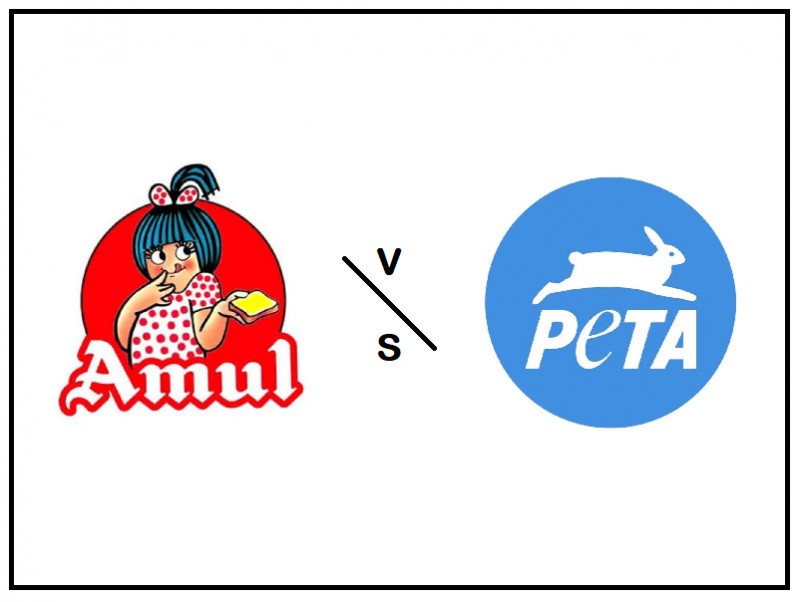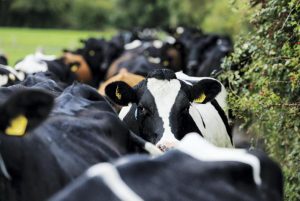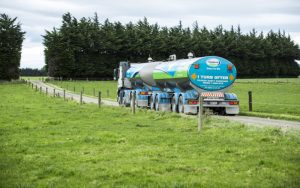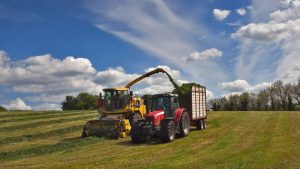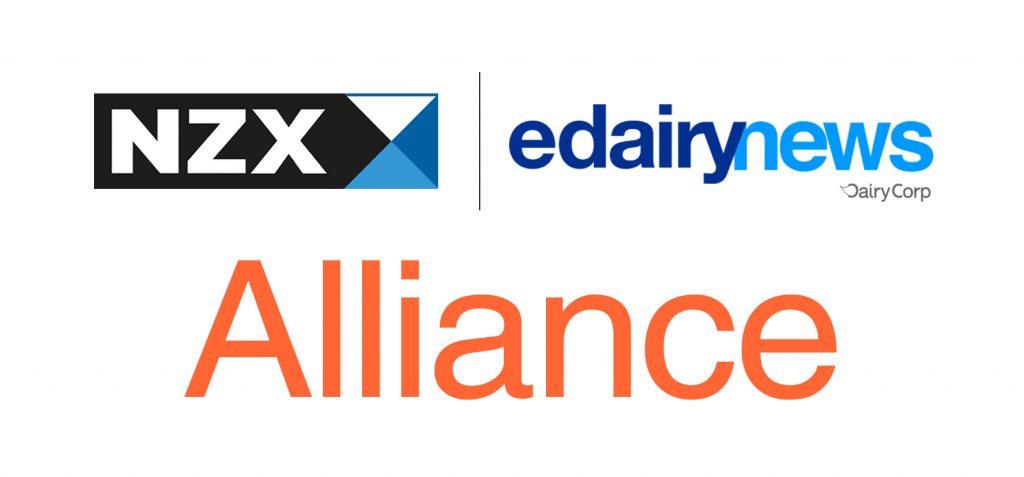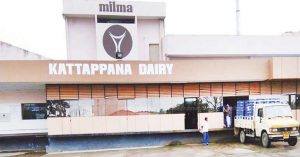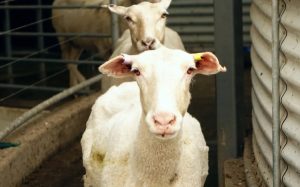Amul’s Managing Director RS Sodhi minced no words while replying to PETA’s demand as he raised the question over the affordability of vegan milk and people’s willingness to consume synthetic food made from chemicals in laboratories. “… how many can afford expensive lab-manufactured factory food made out of chemicals and synthetic vitamins?,” asked Sodhi in his tweet. He also pointed out that the livelihood of 10 crore farmers was dependent on the dairy industry.
Will they give livelihood to 100 million dairy farmers (70% landless) , who will pay for children school fee .. how many can afford expensive lab manufactured factory food made out of chemicals … And synthetic vitamins .. https://t.co/FaJmnCAxdO
— R S Sodhi (@Rssamul) May 28, 2021
How the face-off started?
Amul posted an artwork on their official Twitter handle showing the Amul girl feeding Amul butter to Joaquin Phoenix, dressed as a joker. Phoenix had won the Oscar for Best Actor for his role in the film ‘Joker’ at the 92nd annual Academy Awards. PETA India called Amul’s cartoon as tone deaf artwork. “The joke’s on you,” read the tweet.
The joke’s on you @Amul_Coop
In his #Oscar speech, #JoaquinPhoenix spoke against dairy cruelty. https://t.co/lmJPialU9g
Do the cows a favour and switch to making soya, almond, oat or other plant milk. https://t.co/vdjqXk9hxl
— PETA India (@PetaIndia) February 11, 2020
Phoenix is a Vegan. Strict Vegans are people who do not eat food derived from animals. The thought behind vegan diet is that it denies giving commodity status to foods of animal origin. Obviously, a vegan would decline to eat products like eggs, meat, milk and milk products, cheeses and even honey.
What is PETA?
PETA is a Virginia-based international non-government organisation founded in March 1980, as an American animal rights organisation. The India arm of PETA was founded in 2000. PETA’s slogan is “Animals are not ours to experiment on, eat, wear, use for entertainment, or abuse in any other way.” It focuses on four core issues – opposition to factory farming, fur farming, animal testing, and the use of animals in entertainment. It also campaigns for a vegan lifestyle and against eating meat, fishing, the killing of animals regarded as pests, the keeping of chained backyard dogs, cock fighting, dog fighting, beekeeping, and bullfighting.
Similar Cases in the Past
In 2017, a Swedish oat-milk brand, Oatly, approached and supported a dairy farmer to switch to plant-based farming. The farmer agreed and found to his surprise that his profits had substantially increased. Other dairy farmers also made a switch. Similar initiatives were taken by Kellog, Kashi and Miyoko’s Creamery in the United States to promote plant-based farming. And the noteworthy point is that they launched their non-dairy products in competition to milk products. Note that neither the farmers nor the companies switched over for their love of vegan but to increase profits. Consequently, many dairy companies filed lawsuits against such brands for allegedly confusing consumers by using the term “milk” to describe a non-dairy product.
Milk’s contribution to the GDP
Milk production in India is an important activity for a large number of small milk producer that seek to get financial security. Milk production in India during FY2020 amounted to about 198.8 million metric tons up from 187.7 million metric tons in fiscal year 2019, an increase of 5.91 percent over the previous year. The value of raw milk produced in India is estimated close to Rs 9 lakh crore annually. Milk alone contributed 4.2% of India’s GDP during 2020.
ASCI Dismissed PETA’s Plea
The development comes days after self regulating ad industry entity Advertising Standards Council of India (ASCI) dismissed a plea filed by PETA against Amul for stating that plant-based products can’t be called ‘milk’. Food regulating entity FSSAI’s draft regulation for dairy products already states that non-dairy products like soya and almond milk cannot use the ‘milk’ in their nomenclature.
Alternative Milk
The apex body of the cooperative dairy sector has contended that beverages or products derived from soya, almonds and so on cannot be sold as ‘milk’ or ‘milk products’ such as paneer, curd or yogurt. The National Cooperative Dairy Federation of India (NCDFI), in a plea before the Delhi High Court, raised the issue whether products derived particularly from plants can be termed as milk or milk products. Justice Rekha Pali of the Delhi Court last week issued notices to the Centre, Delhi government, food safety regulator FSSAI, and various companies, including Hershey, which sells such products – such as soy milk – seeking their stand on the plea.

